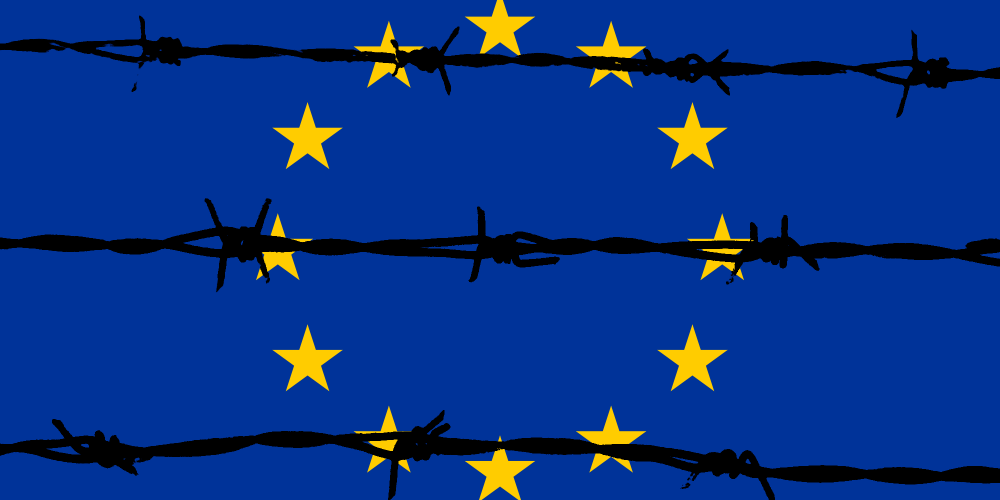The European Union’s crisis of legitimacy continues to develop, as do the attempts by those elements that call themselves the “liberal centre”—that is, those political parties and the economic interests they serve that are central to the EU’s further integration and are attempting to use that crisis to mask their agenda.
Towards the end of June, José Manuel Villegas, general secretary of the Spanish liberal party Ciudadanos (Citizens), and Christophe Castaner, executive officer of Emmanuel Macron’s party La République en Marche (the Republic on the Move), announced their intention of creating a common platform for the next EU Parliament elections, whose goal would be “to go beyond the right and left divide.” They want to rebrand the debate, opposing “progressives” to “populists,” and to “deeply” reform the EU.

President de Valera made a speech
which was applauded by all the
communistic, liberal, pinkish papers
in Europe . . . He actually implied
criticism of the Nazi government in
Germany and their treatment of
Jews . . .” — Desmond Fitzgerald
(Cumann na nGaedheal, later Fine
Gael), Dáil Éireann, 19 February
1937.
Macron won the French general election by a similar stroke, posing himself as the only force capable of defeating the populism of La Pen and the hard right. Of course the forces of the right, together with the rump of the discredited French Socialist Party, rallied behind Macron—not only to defeat La Pen but to secure a majority in the French parliament so as to push forward their real agenda, which is to attack the French working class.
This is what has happened. French workers have come under sustained attack. Many of the advances won by French workers over many decades have been taken back with the stroke of a pen. Privatisation and the commodification of public services continue to gather pace.
French workers need all our solidarity as they continue to resist.
Macron dressed himself as the defender of democracy, but his party is in fact the cutting edge for an assault on democracy. Were the many advances in their economic and social conditions that workers won not advances for democracy?
This new development in French strategy could lead to the creation of a common platform in the next EU Parliament. This new platform would be open to parties from other European countries, with people close to the former Italian prime minister Matteo Renzi reportedly in discussions with Ciudadanos and La République en Marche.
One of the proposals being pushed by Macron is the establishment of an EU finance minister, to whom all other national finance ministers would be subordinate. This proposal, if adopted, would further weaken the capacity of people to change or influence economic policies and would strengthen the power of lobbyists from financial and business corporations, further subverting the democratic will of the people.
The political establishments throughout the EU want to further undermine workers’ rights and advances and to restrict our capacity to fight back. It’s just old wine in new bottles, but a poisoned cocktail nevertheless. They will use the threat of the crisis of legitimacy, as exposed by the populist right, to further consolidate the centralising structure.






